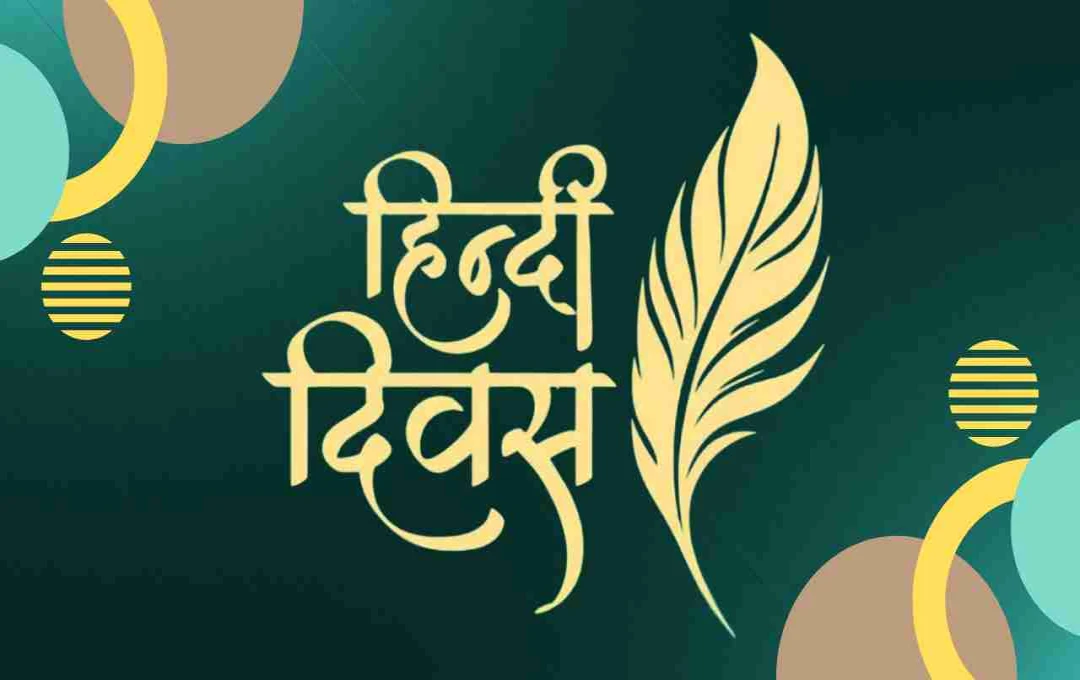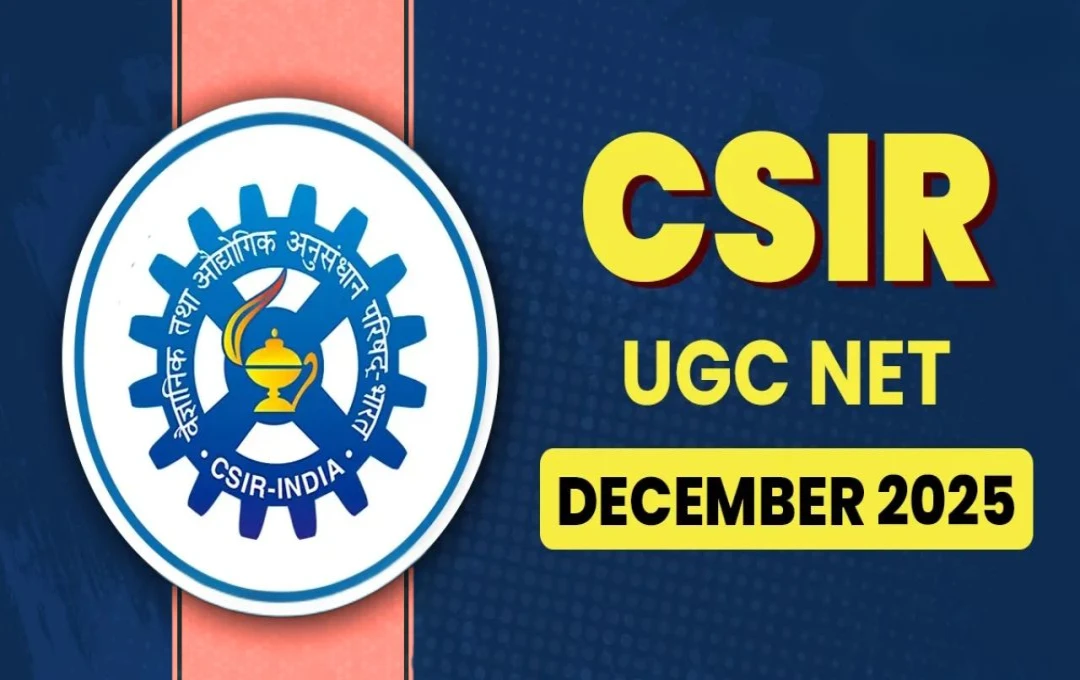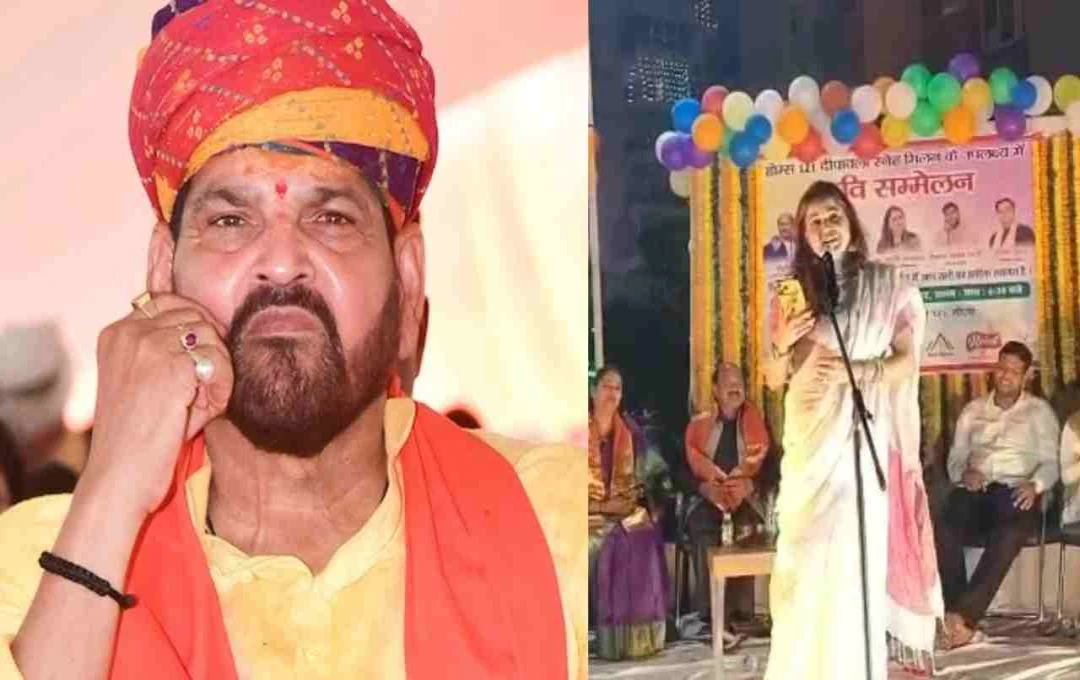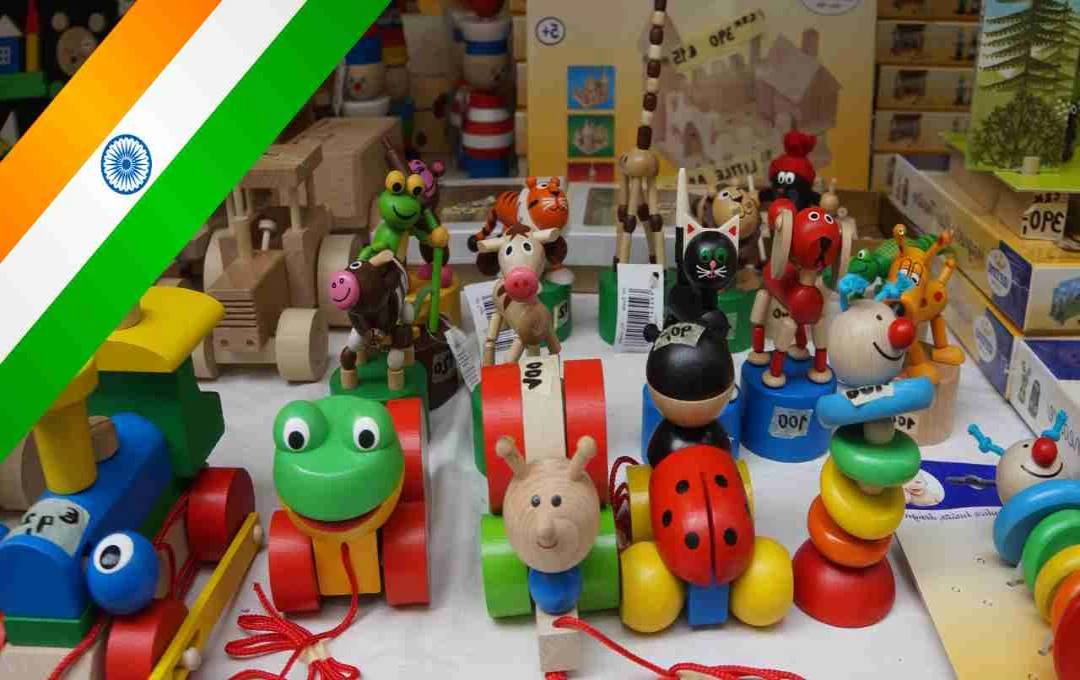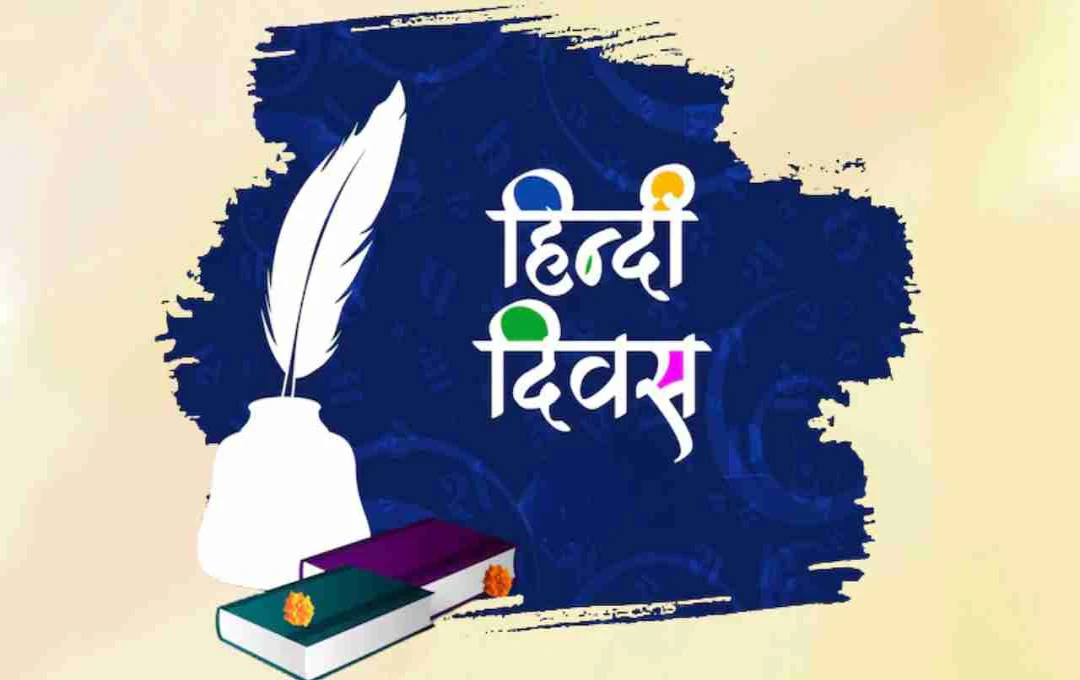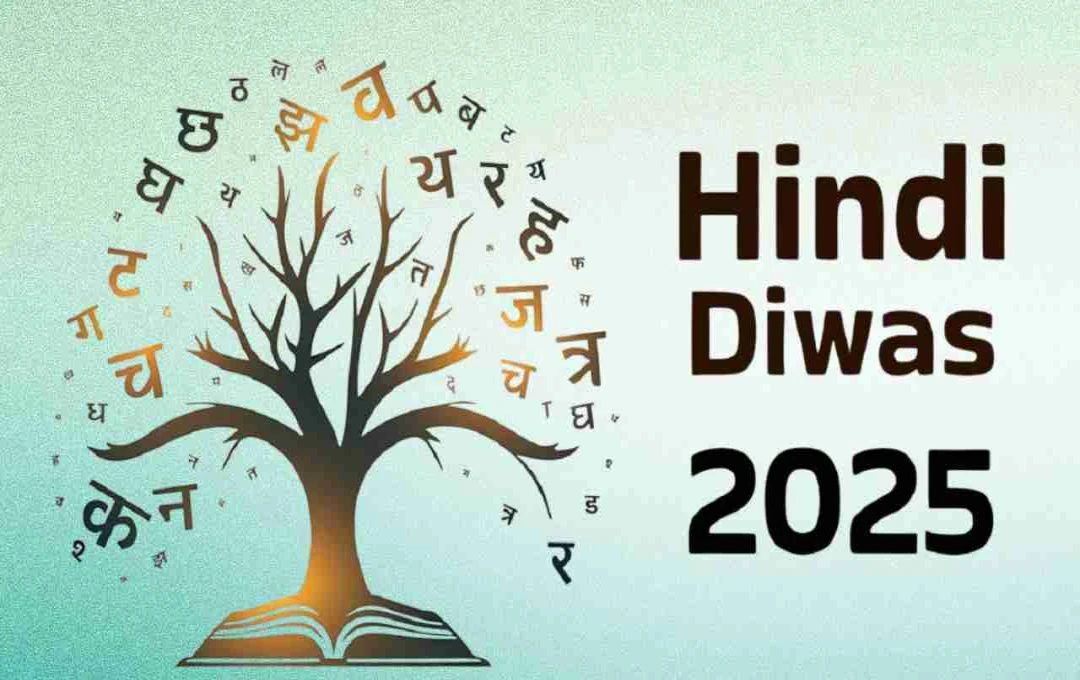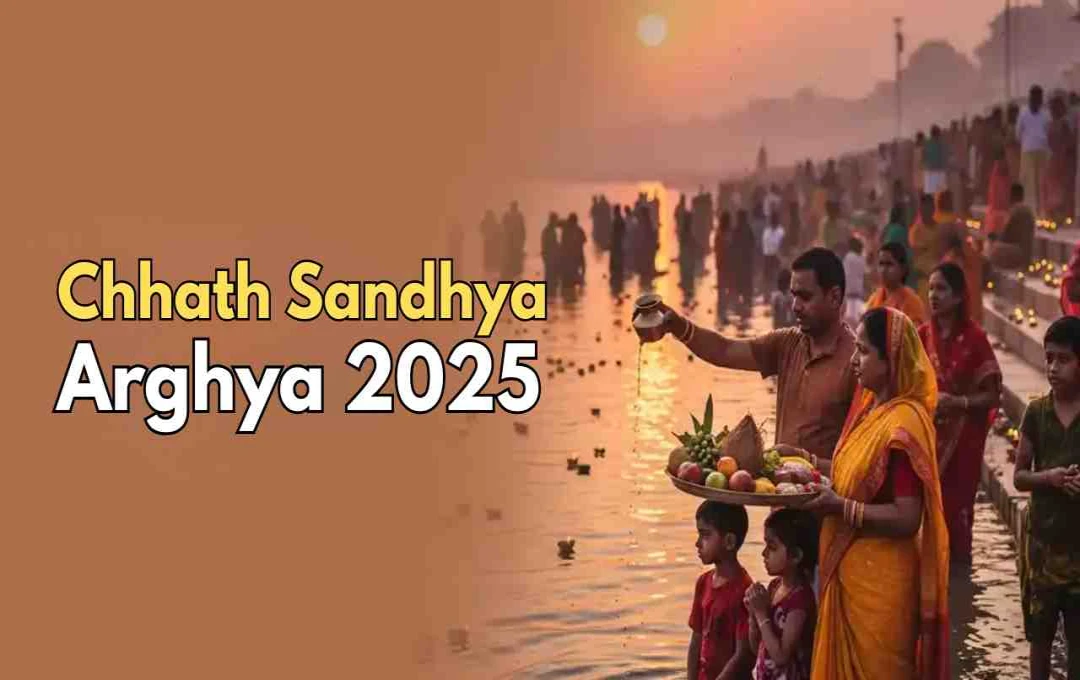This is a day of honor and pride for Hindi, the mother tongue in India. This day highlights the historical, cultural, and social significance of the Hindi language. Programs are organized in schools, colleges, and government institutions to connect the new generation with Hindi and promote it.
Hindi Diwas 2025: India is a land of diversity and cultures. Many languages are spoken here, but among all of them, the Hindi language holds special importance. Hindi is not just a means of communication, but it is also an identity of our culture, traditions, and national unity. Every year on September 14, Hindi Diwas is celebrated in India. This day is an opportunity for us to understand the importance of our mother tongue and promote it.
Historical Significance of Hindi
The roots of the Hindi language are very deep and rich. This language has not only been a medium of communication for the common people but has also made extremely significant contributions to literature, art, and culture. The Constituent Assembly of India accepted Hindi as the official language of India on September 14, 1949. This day is also special because through it, we can express respect and pride for our mother tongue.
Bhāratendu Harishchandra had said, “Without knowledge of one’s own language, the pain of the heart does not subside.” This line clearly explains the importance of Hindi. Language is not just a collection of words; it is the foundation of our thoughts, emotions, and identity. Without a mother tongue, it becomes difficult to fully grasp our culture and ideas.
Cultural Contribution of Hindi Language
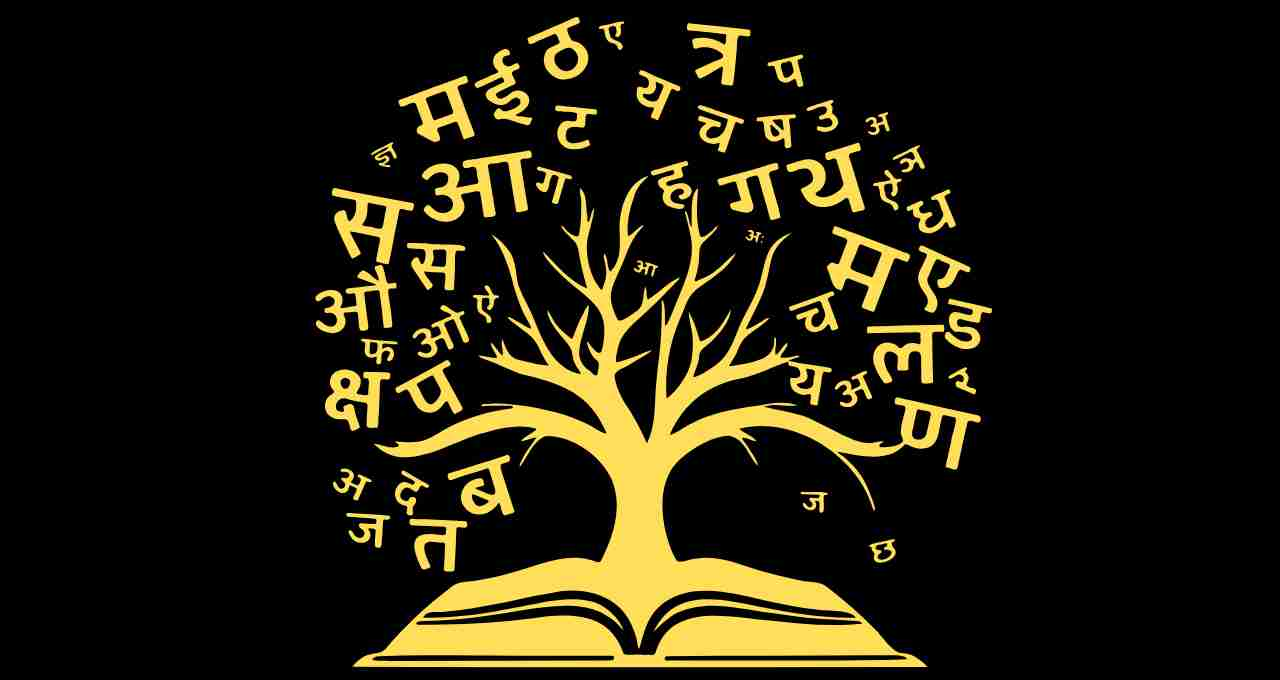
Hindi is not just a medium of communication; it is also an identity of India's culture and civilization. Hindi literature has made wonderful contributions in the fields of stories, poetry, drama, songs, novels, and journalism. Litterateurs like Munshi Premchand, Surdas, Tulsidas, and Makhanlal Chaturvedi have enriched and revitalized the Hindi language. Hindi has not only touched the hearts of the common people but has also played a significant role in spreading social and political awareness.
The importance of the Hindi language is not limited to literature. It also serves to connect people from different states of India. From north to south and east to west, the use of Hindi enables people to communicate with each other. Its simplicity and ease make it even more widespread and accessible.
Objective of Celebrating Hindi Diwas
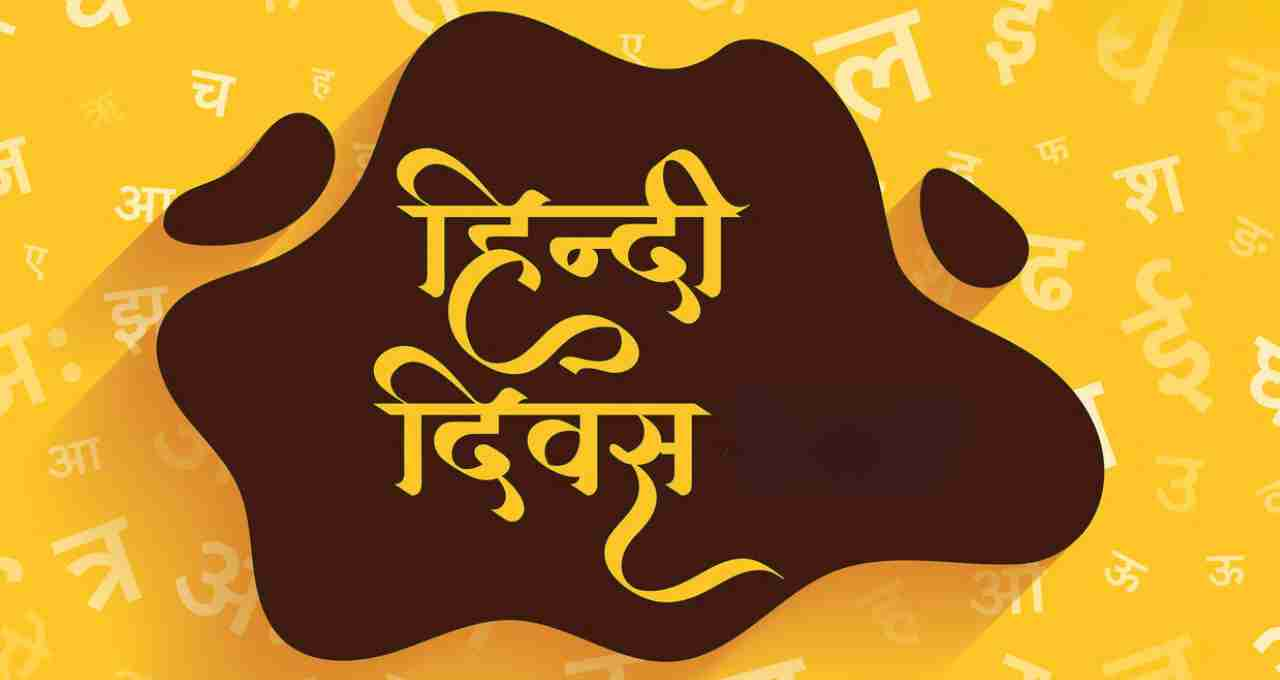
The main objective of Hindi Diwas is to make people aware of the importance of the Hindi language and the need for its preservation. In modern times, the influence of the English language is increasing. In schools, colleges, offices, and cities, people often use English more than Hindi. Hindi Diwas conveys the message to change this mindset and promote the mother tongue.
On this day, special programs are organized in schools, colleges, and government offices. Essay, poetry, and speech competitions are organized for children and youth. Through these, the new generation is motivated to connect with and learn the Hindi language.
Current Situation and Challenges
Although Hindi is the most spoken language in India, its challenges are not few in the current times. Especially in urban areas, people hesitate to speak Hindi and give more importance to English. This trend is reducing the respect for the Hindi language. This situation is worrying because our mother tongue is our identity.
This occasion of Hindi Diwas gives us the message to understand that learning English is essential, but inferiority towards the mother tongue is not appropriate. We should be proud that Hindi is one of the most spoken languages in the world, and our contribution to enriching it is essential.
Measures to Promote Hindi
Several measures can be adopted to further encourage the Hindi language. Increasing the use of Hindi in educational institutions, giving prominence to Hindi in government documents and communication, and promoting the importance of Hindi in the media are some of its key measures.
Additionally, at a personal level, we can increase the use of Hindi in daily life. Teaching Hindi to our children, reading literature and news in Hindi, and using Hindi in social conversations are important steps for this. Promoting Hindi content on social media and digital platforms also helps in keeping the language alive.
Hindi Diwas is not just a ceremony or a festival; it is a symbol of respect and pride for the mother tongue. It reminds us that our language is our identity, and without it, our culture and civilization are incomplete. The effort to promote and preserve Hindi is the duty of every Indian. This day inspires us to feel pride and respect for our mother tongue, to learn it, speak it, and pass it on to future generations. Hindi is not just the language of our hearts but also a symbol of the soul of our country.
